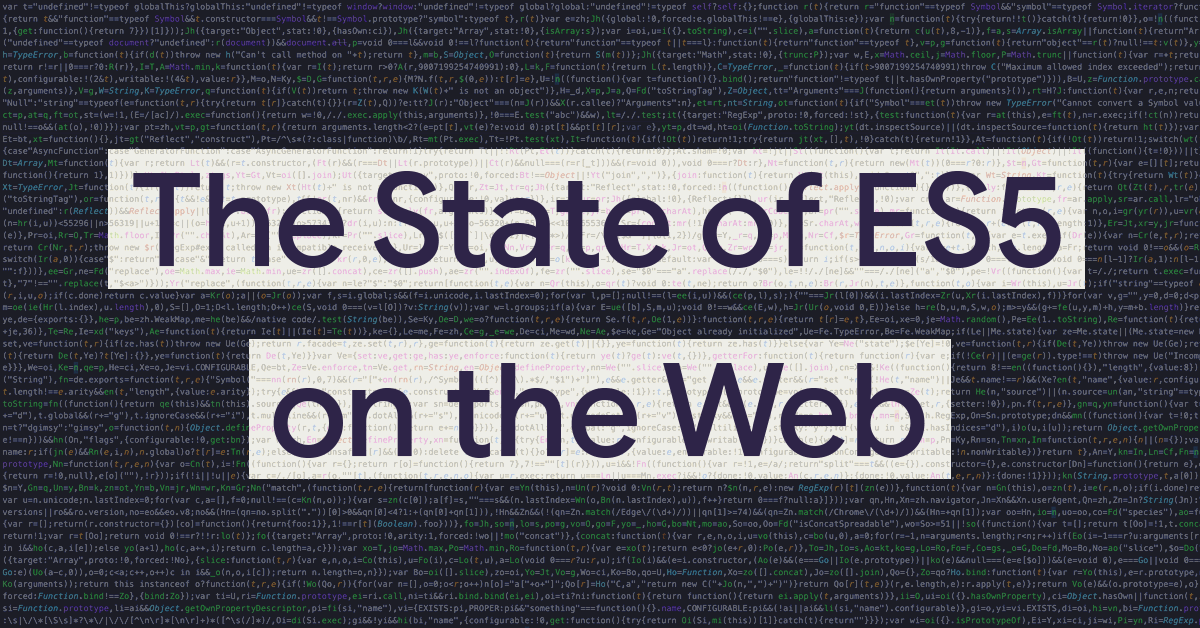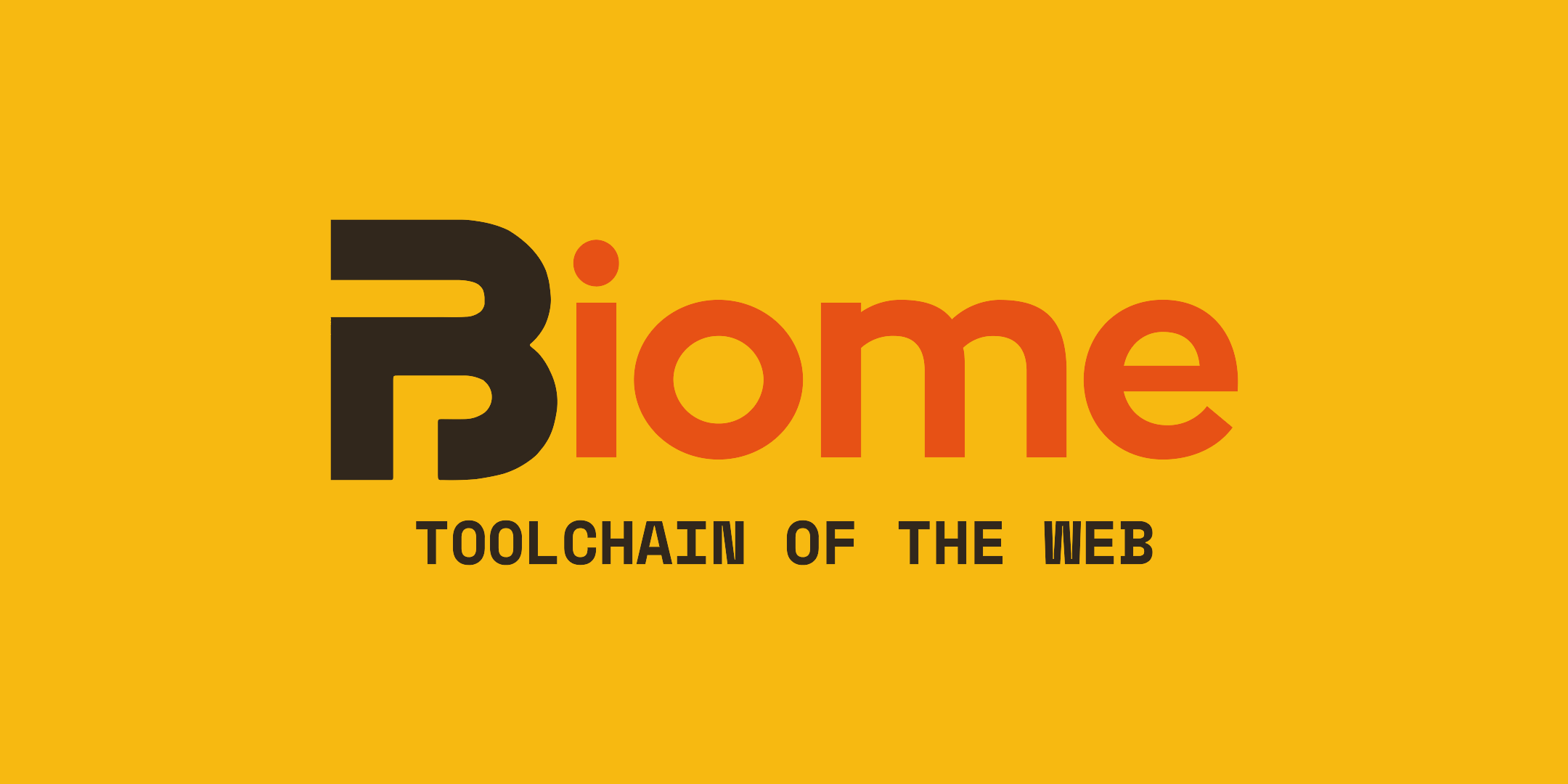Should web developers and JavaScript library authors still transpile their code to ES5? This post looks at what the data suggests based on what popular libraries, tools, and websites are doing

TL;DR:
- Many websites are (unintentionally) shipping ES6+ code in production. This indicates that transpiling to ES5 is outdated practice.
- We need a better baseline for transpilation, which should be a moving target.
- We should transpile code in node_modules, at least for production.
Fork is much better than GitHub Desktop, you can use it without paying indefinitely
A pluggable and configurable linter tool for identifying and reporting on patterns in JavaScript. Maintain your code quality with ease.

> The next minor release of ESLint will deprecate core formatting rules. [The dev team] recommends you use a source code formatter [Prettier, dprint] instead.
Stories are like tests. You need to mock your stores if you want to isolate your stories. Just like how you mock HTTP APIs or database connections when writing tests. This is the cost of writing testable code.
console.count()
Do you prefer your modal component (<dialog>, <Modal>, etc.) to be controlled or uncontrolled?
Uncontrolled: When I use the HTML native <dialog>, I need to access methods on HTMLDialogElement using a ref. This feels uncomfortable and not idiomatic React.
Controlled: I prefer using a boolean prop to control the open/closed state of the dialog. However, then I need to handle some features like Close on ESC key, which may otherwise cause the open/closed state to desync from the actual dialog state. I also have to be careful about using other HTML features that may close the dialog, e.g. <button formmethod="dialog">
altogether and instead use "legacy" modals built with carefully styled <div>s. But then I give up on many of the nice features of <dialog>, such as tab focus containment and accessibility.
What is your preferred way of using modals? Controlled vs uncontrolled? <dialog> vs <div>s?
Edit: Lemmy dislikes angle brackets inside \\ :(
Biome continues Rome's legacy; in this blog post, we explain why the fork, with some context and history.

The Rome project appears to be dead. Several of its maintainers have stepped up to create a fork named Biome.
See also: tweet by Jonny Burger